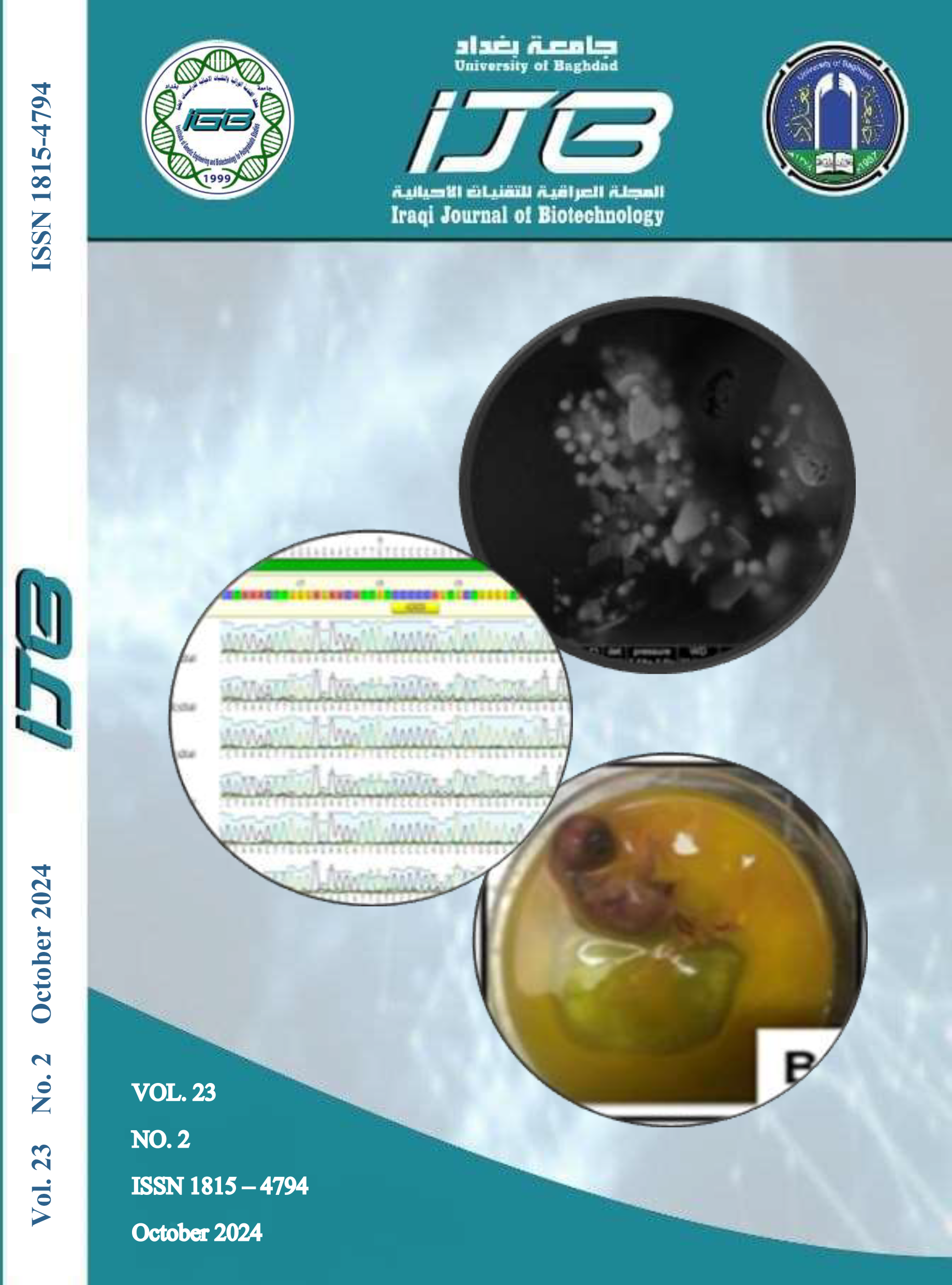Association of TGF-B1 Protein Level with Breast Cancer Risk in a Sample of Iraqi Women
Abstract
Breast carcinoma is the most prevalent cancer-related cause of death in women, and metastasis is the main factor in morbidity. The aim of the study level of TGF-B1 between the age groups. The total number of new cases of cancer in Iraq during the year 2019 was 35,864. Transforming growth factor (TGF) is a multifunctional cytokine whose abnormal expression is linked to cancer development and metastasis. The tumor growth factor TGF-β is a major component of epithelial–mesenchymal transition (EMT), immune evasion, and metastasis during cancer progression. It is produced by a variety of cells within the tumor microenvironment (TME), and it is responsible for regulating the activity of cells in this milieu. TGF-b is also central to immune suppression within the tumor microenvironment, and recent studies have revealed roles in tumor immune evasion and poor responses to cancer immunotherapy. Then, focusing on cancer, we discuss the roles of TGF-b signaling in distinct immune cell types and how this knowledge is being leveraged to unleash the immune system against the tumor. The aim of this study to investigate the role of TGF-B1 in Breast Cancer risk Method: measure the protein level by ELISA Sandwich method. It was concluded that found significant increase in cancer patients compare with controls, according to age group that was no- significant association and the result show significant increase in metastasis patients compare with non-metastasis group.


